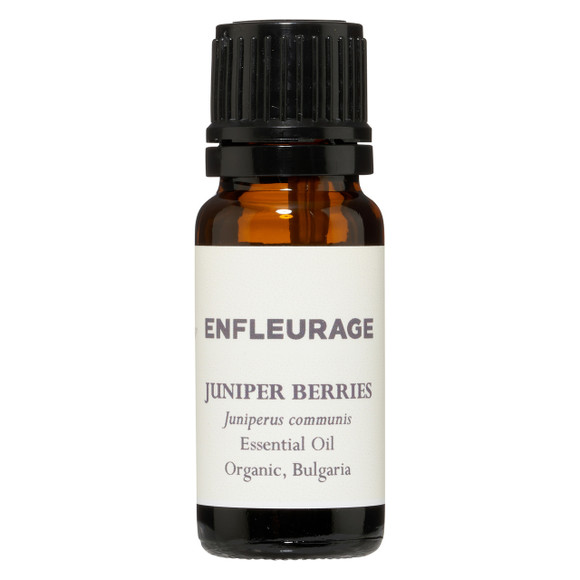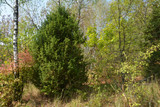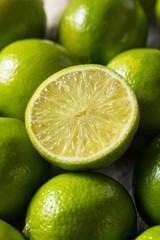Coriandrum sativum
Grown and distilled in Bulgaria from organically grown seeds.
This is a fresh and happy coriander seed, exotic and warm.
Arctander says
He says that approximately 15% of the annual coriander production (in 1960) goes for distillation, and most of the seeds go into spice blends or are just sold as spices themselves and there are two problems with coriander seed oil; a physical problem and a chemical problem. The physical problem is that the seed contains 0.7% essential oil if it's the correct quality of coriander, but, in addition, it contains 25% fixed oil. In other worlds, the crushed mass of seed in the still contains 25% oil, of which only 3% is volatile. The aromatic seed is rather bulky, and one metric ton of crushed coriander seed in a 4500 Litre (1200 US gallon) still will yield 7 kilos (15 .5 lbs) of coriander oil and this oil will require a further many thousands kilos of steam to be libeerated. Furthermore, coriander oil is slightly soluble in water. The chemical problem is that the principal constituent, dextro-linalool, is a tertiary terpene alcohol which also occurs as an acetate in the oil. Linalylacetate is easily hydrolyzed, and linalool readily undergoes a molecular arrangement, particualarly when exposed to even weak acids.
He continues
Coriander seed oil is a colorless or pale yellow liquid with a pleasant sweet, somewhat woody-spicy, aromatic-candylike odor. The floral-balsamic undertone and peppery-woody, suave topnote are characteristic features of this delightful fragrance. The flavor is mild, sweet, and spicy-aromatic, yet somewhat warm, very slightly burning. IN flavor compositions, it blends well with anise, cardamom, bergamot, clove, clary sage, nutmeg etc. It's a well known hard candy flavor combines with bergamot oil.
In perfumery, its warm and sweet notes blend equally well with clary sage and bergamot, all big florals, frankincense, cinnamon, neroli, petitgrain, sandalwood, ylang ylang, ginger, cypress, pine, etc.
Battaglia says
Analgesic, anti-spasmodic, aperitif, bactericidal, carminitive, digestive, depurative, revitalizing, stomachic, stimulent.
Safety Warning
As with most essential oils, dilute before using on skin. Perform a patch test before use if essential oil sensitivity is suspected. Do not take essential oils internally. Do not use on children or pets. Seek advice from a trained aromatherapist before using on people with compromised immune systems. Keep away from eyes and mucus membranes.
Enfleurage makes no medical claims relating to any products, essential oils or otherwise, on our website or through social media. We are an essential oil company, not doctors, The FDA has not evaluated the statements on this website. We present our information in order to educate our customers on traditional and general uses of essential oils; in no way do we diagnose, cure, treat, or prevent any disease or condition.
You the customer are responsible for understanding the safe use of any and all of our products, including essential oils, and use them accordingly.












